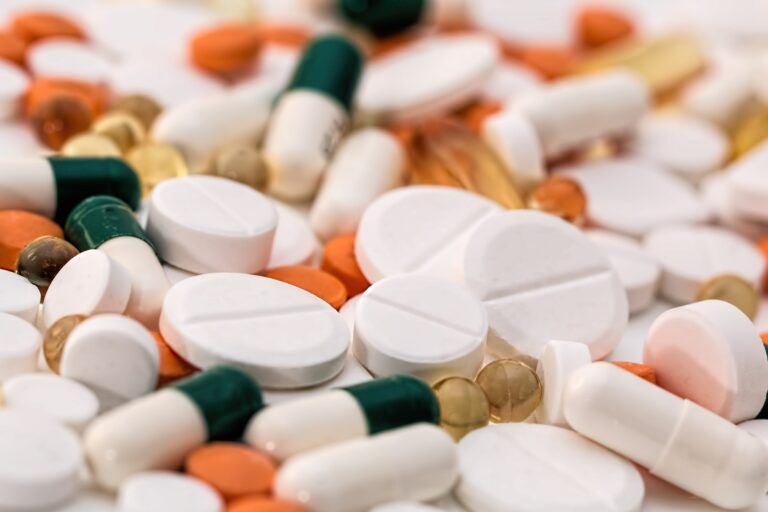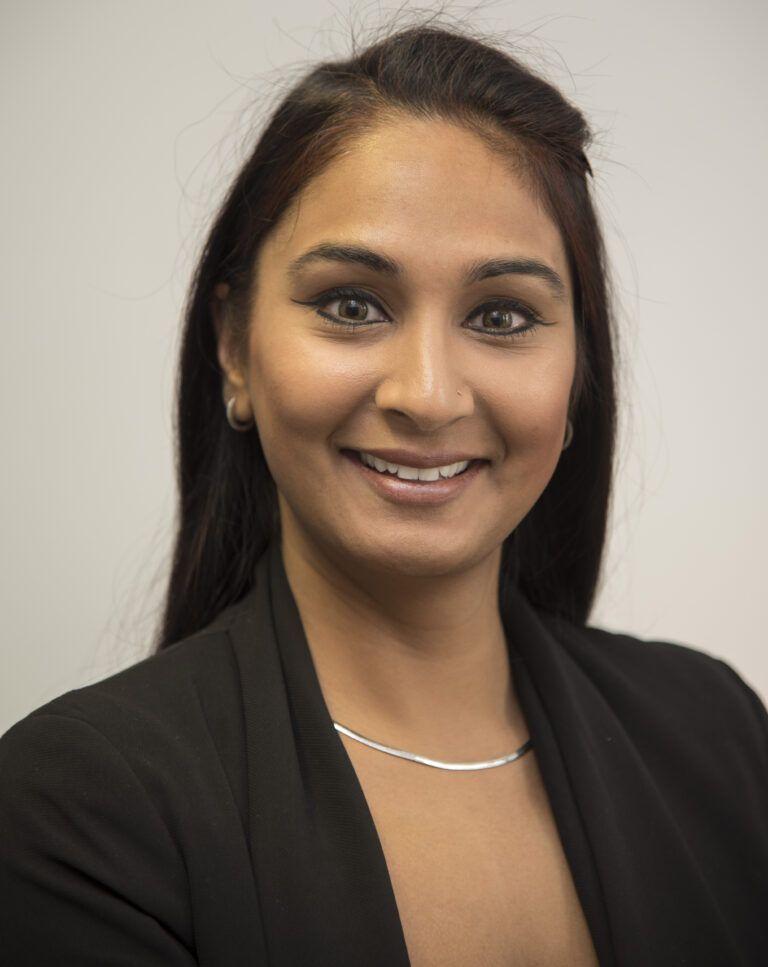Improving medicines reconciliation in a GP practice
The Challenge
Patients frequently move across different parts of the health service. To ensure patient safety, it is vital that an accurate record of their medication is maintained and communicated appropriately.Medicines-related patient safety incidents are more likely when medicines reconciliation happens more than a week after a patient is discharged from a care setting.For many GP practices, carrying out medicines reconciliation within this one week time frame can be challenging. One GP surgery in Newham decided to take a critical look at their medicines reconciliation process and used quality improvement methods to make changes to the way they worked.

Facing the challenge
Dr CM Patel’s Surgery in Newham was facing a constantly high number of discharge summary letters that took a long time to process and action. Dr Arpana Patel led a quality improvement project, aiming to improve the practice’s process for medicines reconciliation so that changes could be made to patients’ prescriptions safely, in a more efficient way.An initial review of discharge summaries and subsequent actions undertaken revealed that just 80% of discharge summaries were dealt with in line with best practice time frames.To address the problem an updated medicines reconciliation procedure was introduced, featuring two key changes. These were:
- Scanning all discharge summaries on to the EMIS system within two hours of receipt
- The duty GP offering a telephone appointment to the patient within two days of receiving the discharge summary.

“Patient safety is of paramount importance in providing high quality care for all our patients. Using quality improvement methodology we have improved our medicines reconciliation procedure.
“Now 100% of our patient medication lists are updated within 24 hours of us receiving a discharge summary or clinical correspondence from other clinicians, an improvement of 20%.
“Our new protocol means we are working more efficiently as a team and our patients have better and safer care provided”
Outcomes
Within one month of implementing the new process 100% of discharge summaries were being dealt with in line with best practice time frames, an improvement of 20% that has been maintained ever since.Telephone appointments have resulted in a time saving for the practice and patients are able to go straight to the pharmacist to collect their prescriptions as the practice are now using electronic prescribing.